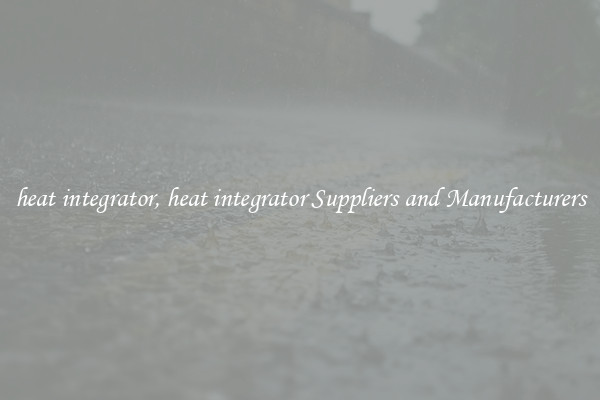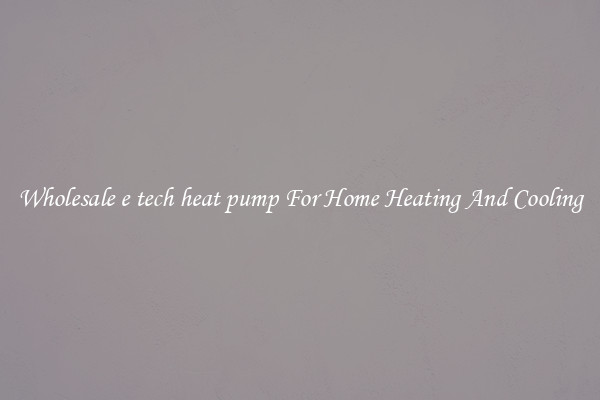heat integrator, heat integrator Suppliers and Manufacturers
Heat integration is a crucial part of many industrial processes, particularly those involving the transfer of heat between various components. To maximize energy efficiency and reduce costs, the implementation of a heat integrator is essential. Heat integrators are systems designed to optimize the thermal operations of a process, resulting in significant energy savings. In this article, we will explore the role of heat integrators, their benefits, and some prominent suppliers and manufacturers in the market.

Heat integrators work by analyzing the heat flows within a system and identifying opportunities for heat exchange and recovery. By optimizing the temperature profiles and utilizing heat exchangers, these systems can reduce the need for additional heating or cooling, resulting in substantial energy savings. Heat integrators also provide insights on process improvements and help identify and rectify inefficiencies.
One of the key benefits of heat integrators is the potential for significant cost reductions. By minimizing the reliance on external heating or cooling sources, energy consumption can be significantly lowered. This not only reduces operational costs but also contributes to a more sustainable and environmentally-friendly operation. Heat integrators can also enhance the overall system performance, ensuring optimal heat distribution and reducing the risk of thermal imbalances.
Several suppliers and manufacturers specialize in heat integrator systems, offering a variety of solutions to cater to different industries and applications. One such supplier is ABC Heat Integration, known for its comprehensive range of heat integration products and services. Their heat integrator solutions are renowned for their efficiency and accuracy in identifying heat optimization opportunities. Another notable supplier is XYZ Energy Solutions, which offers customized heat integrator systems to various industries, including chemical manufacturing, power generation, and oil refining.
In addition to suppliers, several manufacturers also produce heat integrator systems integrated into their broader offerings. One such example is DEF Engineering, a leading manufacturer of industrial process equipment. Their heat integrator systems are seamlessly integrated into their process units, ensuring optimal thermal management and energy efficiency. Another reputable manufacturer is GHI Technologies, specializing in heat exchangers and heat transfer equipment. Their heat integrator systems are designed to work harmoniously with their heat exchangers, providing comprehensive heat management solutions.
In conclusion, heat integration is a critical aspect of many industrial processes, and the use of heat integrator systems is instrumental in maximizing energy efficiency. By minimizing the reliance on external heating or cooling, heat integrators offer substantial cost savings and contribute to sustainability efforts. With numerous suppliers and manufacturers specializing in these systems, industries have access to a wide range of solutions to optimize their thermal operations and improve overall performance.

View details

View details

View details

View details








